The term “Culture Industry” has been used since 1947. It first appeared in the book Dialectic of Enlightenment by two German philosophers, Theodor Adorno and Max Horkheimer. Since then, it has been expanded and repeatedly used to illustrate how large companies and industries control the masses, producing products that are quite similar but with a few tweaks to encourage continued consumption. In 1963, in the book Culture Industry Reconsidered, Theodor W. Adorno wrote, “Culture today is infecting everything with sameness,” and, “The more strongly the culture industry entrenches itself, the more it can do as it chooses with the needs of consumers” (Gigi Durham, 2006, pp. 41ŌĆō56). It’s shocking how 61 years ago Adorno wrote this, and now it seems more true than ever.
Since the turn of the 21st century, the Culture Industry has, for many, gained much more power than ever before. With information spreading faster than ever and access to various types of data involving the masses, these industries have a clearer idea of how to monopolize (Sindhu, 2022). Just a couple of years ago, companies like Facebook were exposed for selling consumer information to other big companies to help each other (BBC, 2018). This clearly indicates how the “Culture Industry” is already shoved in most, if not all, of our faces. In the book Media and Cultural Studies, Theodor Adorno in 1963 writes “The products of the culture industry are such that they can be alertly consumed even in a state of distraction”(Gigi Durham,2006, pp. 41-56).
Most people affected by this new wave of the “Culture Industry” are, in fact, Gen Z, who spend far more time on social media than other generations. Gen Z watches 7.2 hours of videos daily, mostly bouncing from TikTok to YouTube to Netflix (SlickText, 2023). This, along with the fact that Gen Z is the first generation to be born into this media landscape, shows us that a significant portion of those digesting all this media and mass production is, in fact, Gen Z.
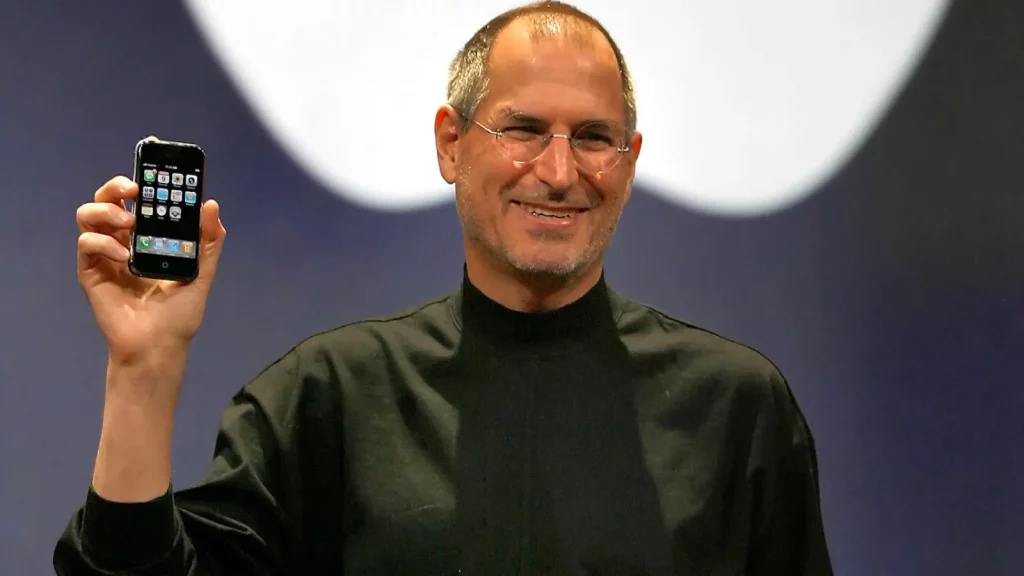
Steve Jobs Showcasing the 1st EVER IPhone 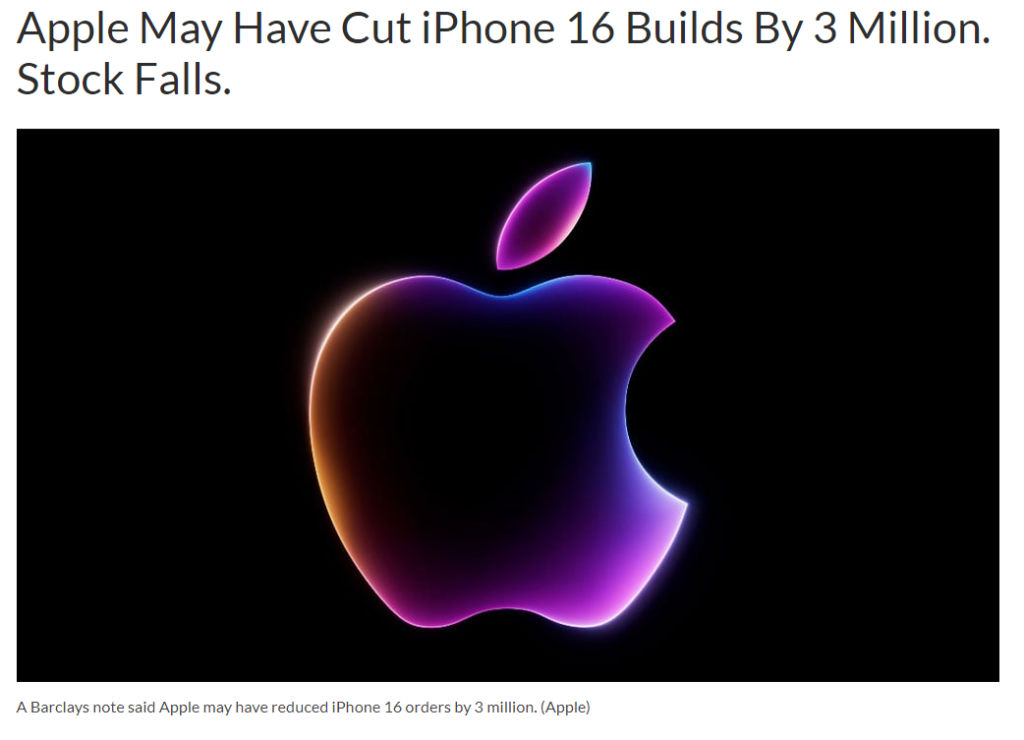
Apple has been releasing at least one new iPhone every year, each aiming to improve on the previous model. The original iPhone was a significant technological leap for its time, introducing a plethora of innovations that no other phone manufacturer could compete with. Their first couple of iPhones had huge updates with regular changes to their hardware and software. Because of this, there was a period when people would get a new iPhone every year to get all the big changes. Now in 2024, because of its innovative past, the iPhone despite not changing as much is still seen as THE SMARTPHONE in society with people often blindly “hating” anything else because it’s “different”. Recently Apple has been complacent for a few years now with what they are releasing to the masses, we are finally seeing some sort of backlash from consumers on the quality of their new phones, but this is still only a minority (Duffy, 2024).
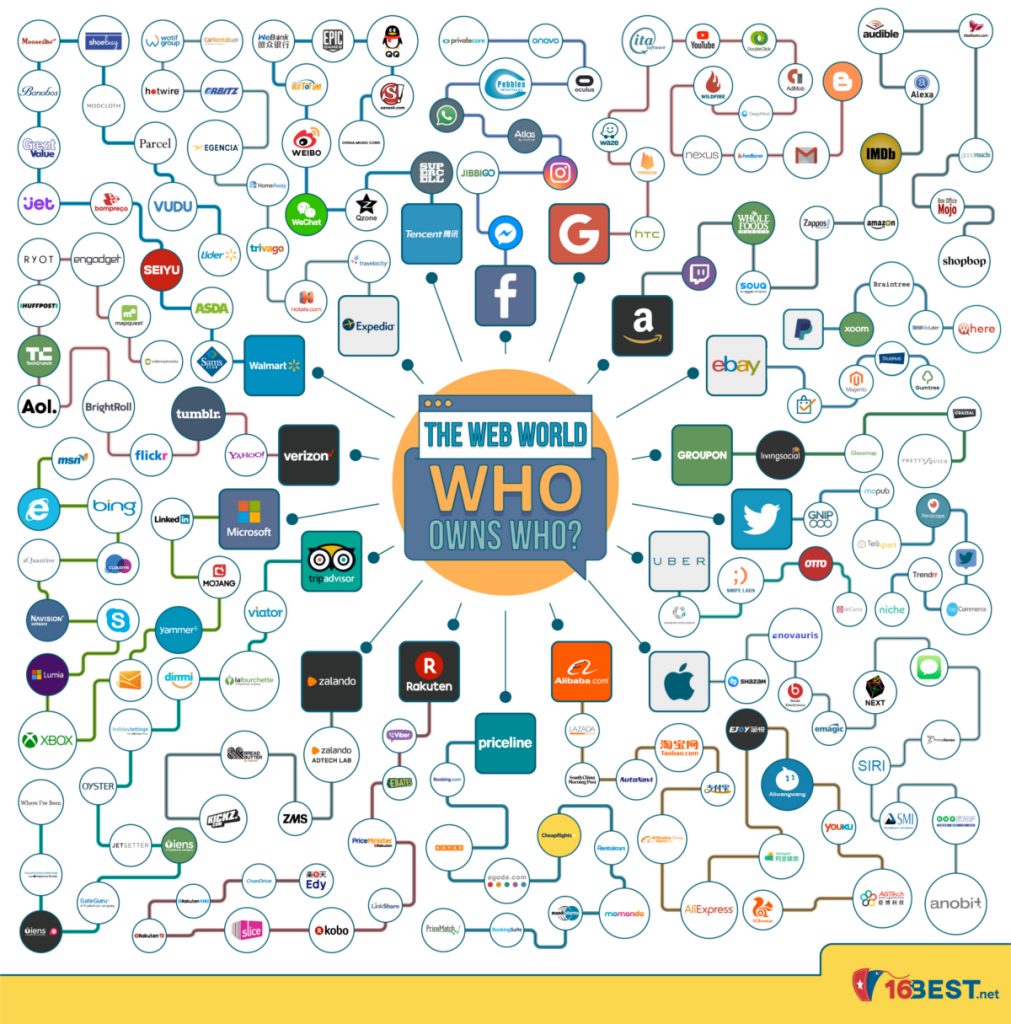
A tree of what the big tech companies own
This is how the Culture Industry is controlling us with how they operate when new independent businesses become successful. The Culture Industry is really “rigid” and “safe” because they know that they pretty much have control of the masses so they can do whatever they want and still make a profit. Companies like Microsoft and Apple follow this exact formula. Because of this, many different independent companies like YouTube, Minecraft, and countless others have come out of the scene over the years. The big companies see this and just buy them outright and keep the core function of the company the same while adding more monetisation and cash grabs within the programs to make more money. An example of this would be YouTube adding a monthly subscription service in 2018 with no ads and other features (YouTube, 2018). This is predominantly the cycle that happens every time and now we can see in all aspects of the “industry” there are only a handful amount of businesses in each sector, monopolizing the masses. Microsoft for example owns huge companies like Bing, Skype, Xbox, Activision, Indeed, Blizzard and much more. These companies at the end of the day monopolize the masses by pretty much owning everything we consume.
Citations
BBC (2018). FacebookŌĆÖs data-sharing deals exposed. BBC News. [online] 19 Dec. Available at: https://www.bbc.co.uk/news/technology-46618582.
sindhu (2022). How Has Marketing Changed for the 21st Century? [online] University of Southern Indiana. Available at: https://online.usi.edu/degrees/business/mba/marketing/marketing-changed-21st-century/.
Duffy, C. (2024). The iPhone 16 isnŌĆÖt selling as well as Apple may have hoped. [online] CNN. Available at: https://edition.cnn.com/2024/09/30/tech/iphone-16-presales-apple-intelligence/index.html.
Durham, Meenakshi Gigi (2006) Media and cultural studies: keyworks. Wiley-Blackwel
Gigi Durham, M. (2006). Media and cultural studies: keyworks. Rev. ed. ed. [online] Wiley-Blackwell, pp.41ŌĆō56. Available at: https://we.riseup.net/assets/102142/appadurai.pdf [Accessed 18 Oct. 2024].
SlickText (2023). 30+ Average Screen Time Statistics for 2022 & 2023. [online] SlickText. Available at: https://www.slicktext.com/blog/2023/01/30-key-screen-time-statistics-for-2022-2023/ [Accessed 19 Oct. 2024].
youtube (2018). Introducing YouTube Premium. [online] blog.youtube. Available at: https://blog.youtube/news-and-events/introducing-youtube-premium/.
ŌĆī
ŌĆī
ŌĆī

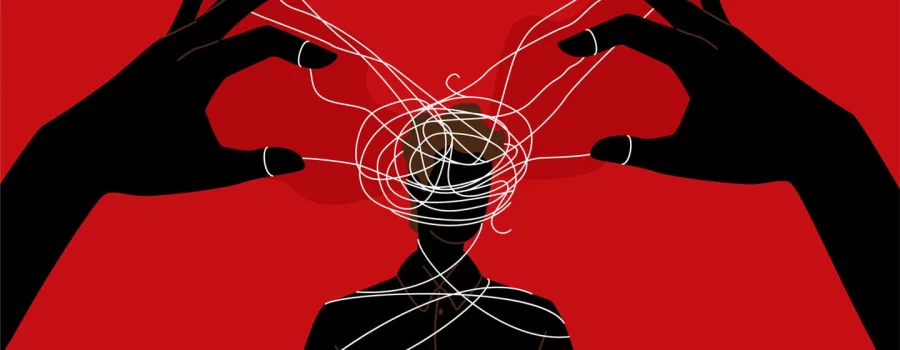
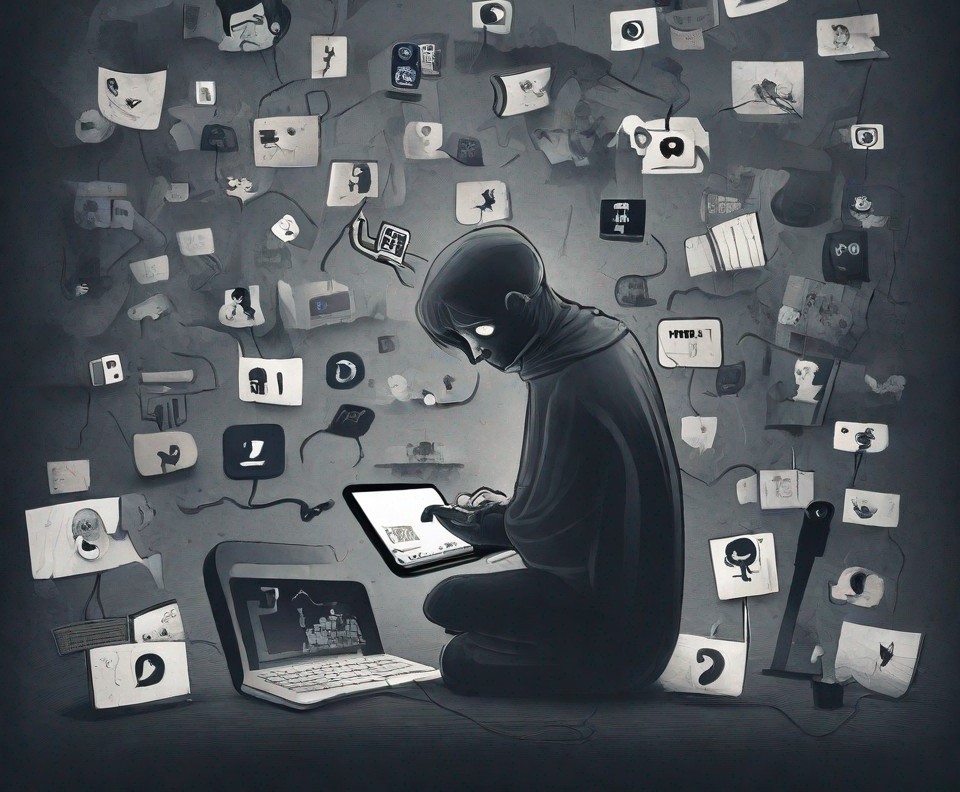
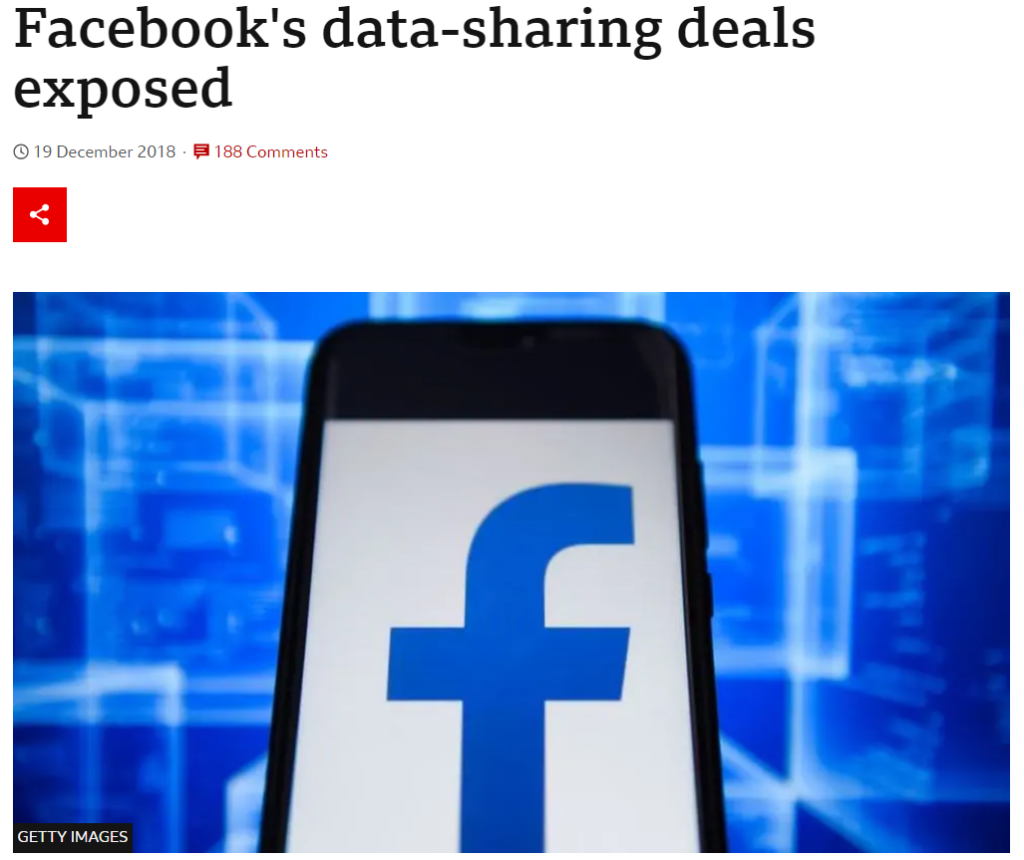
I think this blog is very interesting and I like it very much. I can clearly see how the cultural industry controls us step by step. As a member of Generation Z, I really have a strong sense of identity with the idea of buying Apple products mentioned in the blog. At the beginning, Apple Phone was a very different product for me, and the technology contained in it was different from other mobile phones, which brought me different experience. However, with the current update, Apple products feel that they are always in the same place. Although a new generation of products is released every year, I feel that it is meaningless, but I don’t know why I can’t help changing new ones sometimes. In fact, this phenomenon has been controlled by the cultural industry without our awareness, so I strongly agree with this example. The power of the cultural industry is really too big for us to resist.